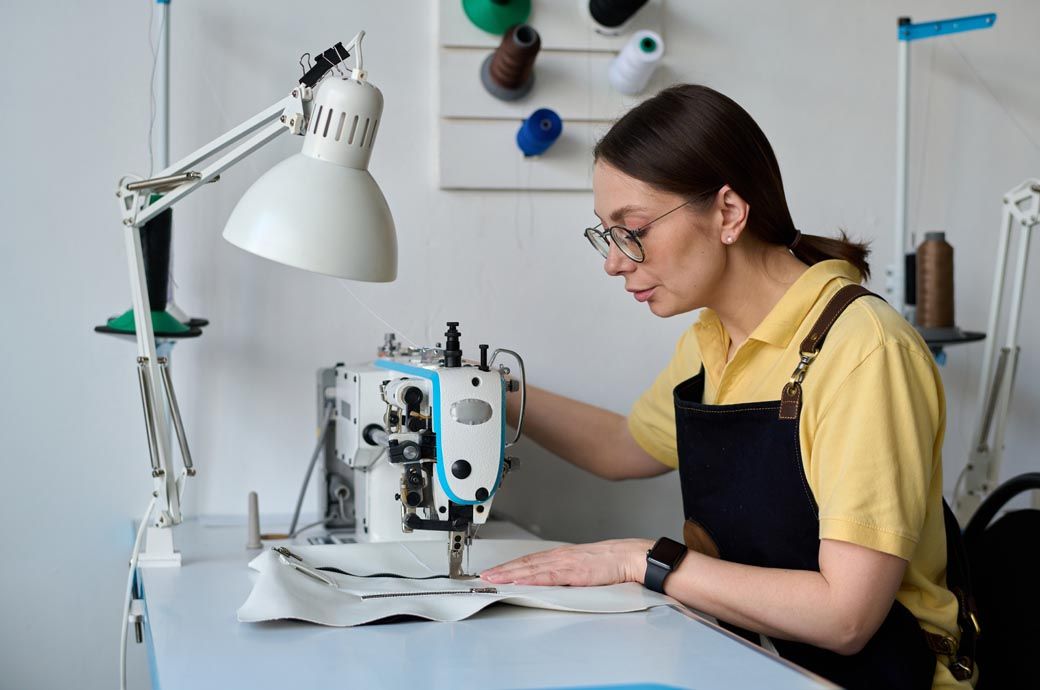
In contrast, administrative roles and owners and chief executive officers (CEOs) perceive less of a gender pay gap: 80 per cent of the interviewed CEOs declared they do not observe a gender pay gap in their company.
Over four-fifths of the Italian fashion manufacturing industry comprises microenterprises with less than 10 employees, 18.5 per cent are small and medium enterprises (SMEs) with 10-249 employees and 0.2 per cent are large enterprises with more than 250 employees.
Two out of three fashion manufacturing company HR executives in Italy say inequalities in wages exist that put women at an disadvantage, and half of the executives working in the diversity, equity and inclusion domain agree, a survey found.
Most gender pay gap is perceived for higher-level positions.
Half of companies surveyed are considering applying for a Gender Equality Certification.
Due to their size, the vast majority of these enterprises are exempt from adhering to some European Union and Italian regulations pertaining to equal pay and gender equality. However, many of these manufacturers, albeit small, are in the supply chains of large Italian and other European brands that will need to comply with those, the survey report noted.
Over 600,000 people are employed in the fashion manufacturing industry in Italy.
The country has witnessed an increase in the representation of women on the boards of fashion companies, rising to 27 per cent in 2023 from 21.3 per cent in 2020. This change is mainly attributed to a growing attention to gender inequalities resulting in more policies and laws supporting female quotas in corporate leadership, leading to a positive impact on gender equality.
Most of the gender pay gap is perceived for higher-level positions like executive and managerial roles. Fifty-two per cent of respondents declared that women in positions with high responsibilities experience broader wage discrimination than factory or production workers and administrative or office ones.
All large companies claim to have at least one policy to ensure equal compensation for women and men; surprisingly, micro firms have the second highest share, with 43 per cent of respondents saying they have at least one such policy. Yet half of companies surveyed are considering applying for a Gender Equality Certification.
To achieve pay equity in the Italian fashion manufacturing industry, a collective cultural effort is needed, the report said. Understanding the role that social and cultural norms, including asymmetries in domestic and caregiving responsibilities, have on the gender pay gap and other gender disparities is crucial, it noted.
Organisations must implement actions to bridge the gap between EU regulations and brand policies. Measures in support of an inclusive culture that values parenthood are particularly important, it added.
Fibre2Fashion News Desk (DS)